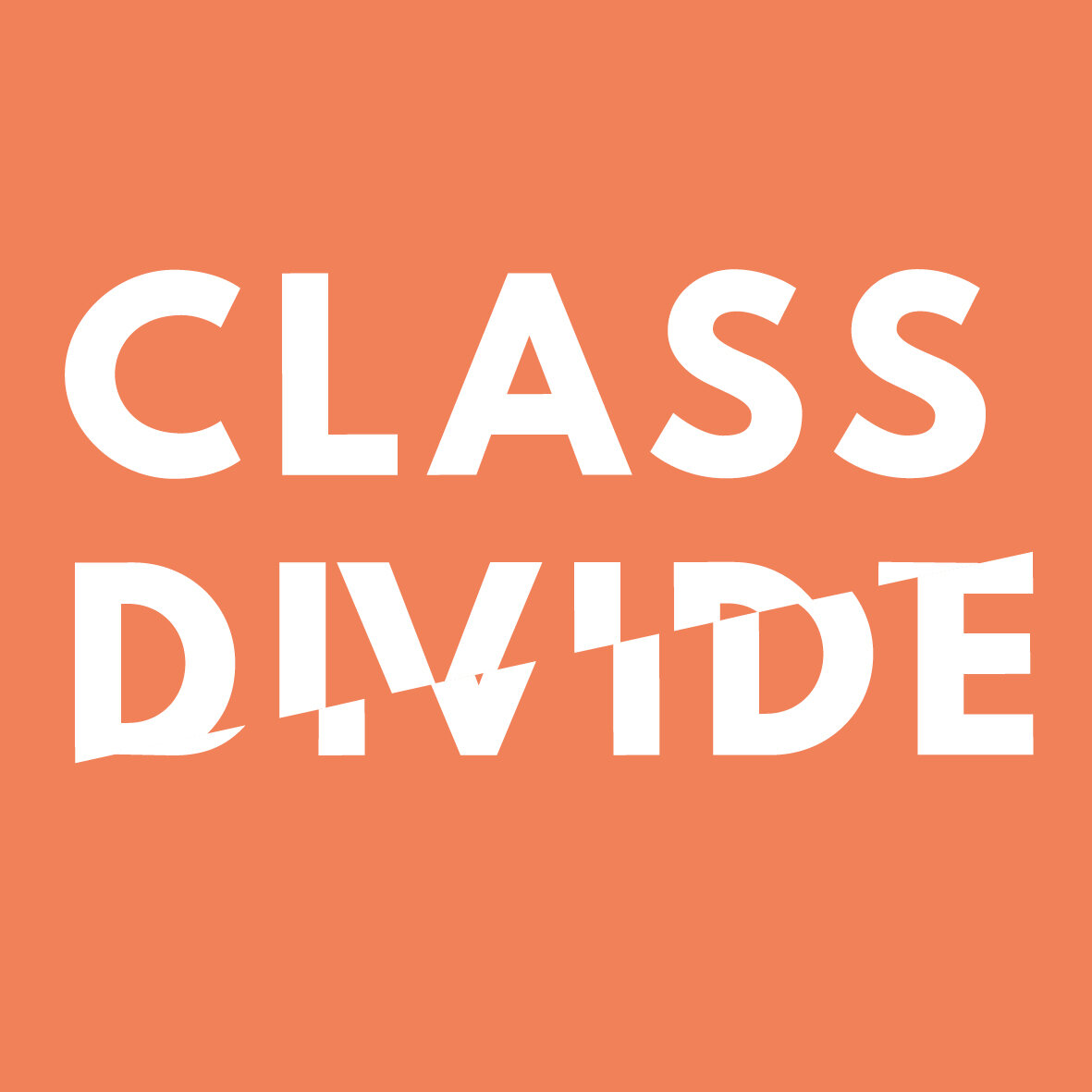Secondary School Admissions Policy Change: A Step Towards Balance
In January 2024, Brighton & Hove City Council approved changes to the city’s secondary school admissions policy that, by giving additional priority to children eligible for Free School Meals (FSM), offered families living in poverty more choice in selecting a school.
Last week, the council published data that, for the first time, provided insight into the early effects of the policy. It showed that 95 FSM-eligible children secured places in schools outside their catchment areas under the new priority system. The data also revealed a slight rebalancing in the distribution of FSM-eligible pupils across the city’s secondary schools.
For Class Divide, who have campaigned for a more socio-economically diverse school system over the past five years, this is the first evidence that when poor families are offered more choice of school for their children, they take it. It also suggests that the policy has the potential to help create a more diverse system over time.
This marks real progress in what we’ve campaigned for: providing more school choice for families experiencing poverty and challenging local policy systems that disadvantage poor children by restricting school choice.
Addressing Local Concerns
We are aware that the data* released by the council raised concerns among residents. Some of these concerns may have been triggered by a headline in the local news media that suggested the policy led to the number of children eligible for FSM at Varndean School— a popular city school located in central Brighton—doubling in a single year.
We believe the data tells a more nuanced story. Varndean School will have 38% of its new Year 7 intake eligible for FSM, but this increase applies only to the incoming cohort, not the entire school population. When considering all year groups, Varndean's overall FSM percentage will only increase to approximately 23.5% (from 20%)—still remaining among the lower percentages for non-religious state schools in Brighton and Hove.
We understand why many families want to access places at Varndean School. It has an excellent reputation locally, its pupils have some of the highest GCSE pass rates in the city, and it offers children access to great sports and creative opportunities.
We believe that children who attend Varndean School and are living in poverty have a huge amount to gain from their education there, and we are delighted that some families who chose this option have benefited from a policy we campaigned for. We also believe that all schools in the city do their very best to provide a great education for their pupils, even in a very tough climate.
Moving Forward Together
We are disappointed to hear speculation about Varndean's future status, with some suggesting that the school may academise to avoid following Local Authority Admissions rules. While we cannot speak to the validity of these rumours, we know there is a long history of opposition to academisation in the city, with parents successfully campaigning to stop schools from taking this route. We hope that those who oppose academisation will continue to hold this position moving forward and not shift their stance due to the current efforts being made to make the school system fairer for children from historically marginalised communities, who have been neglected in educational terms for decades.
We want all schools across Brighton and Hove to come together, share resources, and exchange knowledge about supporting diverse student populations. Many schools in our city have developed exceptional expertise in supporting FSM-eligible students over decades, and this collective wisdom benefits all educational settings. We also call on the city’s faith schools - Cardinal Newman and Kings - to demonstrate their commitment to the Christian faith to support the poorest in any society and challege injustice by changing their admissions processes to give the same priority to children eligible for FSM as the local authority.
We would also like the city to harness the passion and expertise of those involved in the most recent policy changes and develop a vision for education in the city for the next ten years. Pupil numbers are likely to continue to fall, and this will necessitate further changes, so a broader conversation is needed.
Our campaign has always been about advocating for fairness and opportunity for all children in Brighton and Hove. The emerging data shows that while progress is being made, this remains a journey. The council's additional reforms, including open admissions criteria and a 30% cap on FSM priority admissions for next year, further demonstrate their commitment to balance.
The Bigger Picture
Educational equity isn’t achieved through a single policy change, but through sustained commitment to fair access and opportunity. It certainly isn’t achieved by building walls around our educational communities or fragmenting our school system. As rumours circulate about Varndean potentially becoming an academy, we must remember that our city's educational strength comes from collaboration, not isolation.
As the council continues working with university researchers to evaluate long-term impacts, we remain focused on advocating for our goal: ensuring all children in our city, regardless of postcode or economic background, have equal access to high-quality education.
The rebalancing we're seeing across Brighton schools isn’t about shifting problems but about sharing collective responsibility for all our children's futures. It’s a testament to what's possible when communities advocate effectively and councils back their promises with action.
Class Divide continues to campaign for educational equity across Brighton and Hove.
*Download data supplied to us by Brighton and Hove City Council

